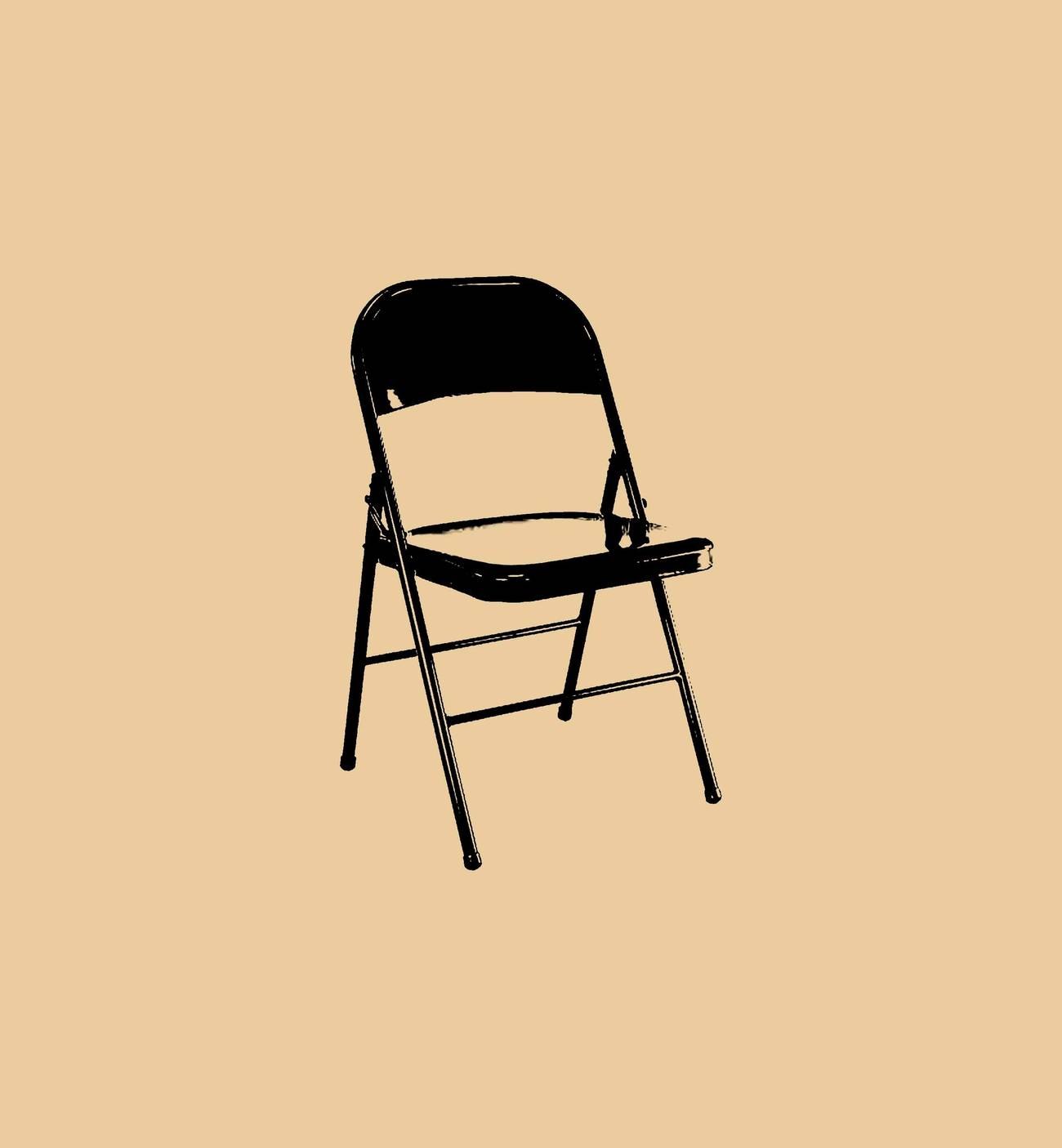What It Feels Like to Sit Shiva Alone
I wanted to be comforted by friends, and to hear stories about my dad. The COVID pandemic made that impossible.




My father was the oldest of seven siblings. He was a dad to three, and grandfather of three. He had dozens of cousins, and over 30 nieces and nephews. We’d been mentally preparing for his shiva since the cancer diagnosis over four-and-a-half years ago. Yet, when we sat shiva for my father recently, no one came—because during this pandemic, we’re all social distancing.
Shiva is a weeklong mourning period. It’s supposed to be a time to accept the comfort of others, a way to be distracted after you lose your father of 38 years, and the grandfather of your 9-month-old daughter. It’s supposed to be a way for my mother to feel a little less lonely after losing her husband, whom she hasn’t been apart from in over 50 years. Instead, we sat alone, in our parents’ home. My mom, her three kids, and two grandchildren. No one to comfort us, to tell us stories, bring us cookies, or remind us to eat.
I had looked forward to the shiva. I wanted the stories, and the comfort. I wanted to share my loss. During my father’s final months, I found myself thinking about who would visit and what they would say. Finally, others would understand what we’d been going through for years. They would listen as we told them how strong he was, how he could fix and build anything, how he outlived every infection, diagnosis, and treatment that was put in front of him. I wanted to learn new things about my dad. I wanted the army stories, the new stories, or the versions I’d never heard. I wanted to feel the pain of others.
On the day of my father’s funeral, everyone drove to the graveside ceremony separately, afraid that we unknowingly had coronavirus and would infect each other. My husband and I walked over to the hearse carrying my father’s lifeless body. The driver exited the car, and before I knew it, he lifted the casket open for me to get one last look at my father. I wailed and fell to the ground. I tried to stop crying, but couldn’t. As my husband finally lifted me up, I looked around, expecting my family and friends to be standing there crying with me. Except nobody even heard me. They were all in their cars, afraid to stand around each other. I gathered myself together and walked back to the car.
At the end of my father’s eulogy, I read these bleak words that were suggested to me: “Since we can’t have a traditional shiva, please share the memories and blessings of my dad by text, phone, email, and any way to keep his spirit alive.” My voice and body were shaking as I read that aloud, secretly hoping no one would listen and they’d still show up to pay a shiva call.
One brave friend and her husband did show up one night to deliver homemade enchiladas. They stood in our doorway wearing gloves and masks. Her husband, a gifted rabbi, was at a loss for words. We wanted to hug, but couldn’t. My mom began telling them stories about my dad, but knew they couldn’t stay to hear them all. For a moment, we had a glimpse of what it would be like to have a normal shiva.
Some people called, sharing stories of how my father inspired them to start their own business, and buy their first house. I sat silently crying as I listened. I learned that even without a formal education, my dad was a true teacher to so many. Some cousins organized a Zoom video call so we could sit shiva together virtually. We set it up for my mom to participate, but after a few stories and laughs, she’d had enough.
We say we’ll have a real shiva after this pandemic ends. I try to picture it all happening when we do the unveiling, but it won’t be the same. The pain won’t be as raw, and somehow we’ll get used to life without my father.
Jamie Betesh Carter is a researcher, writer, and mother living in Brooklyn.